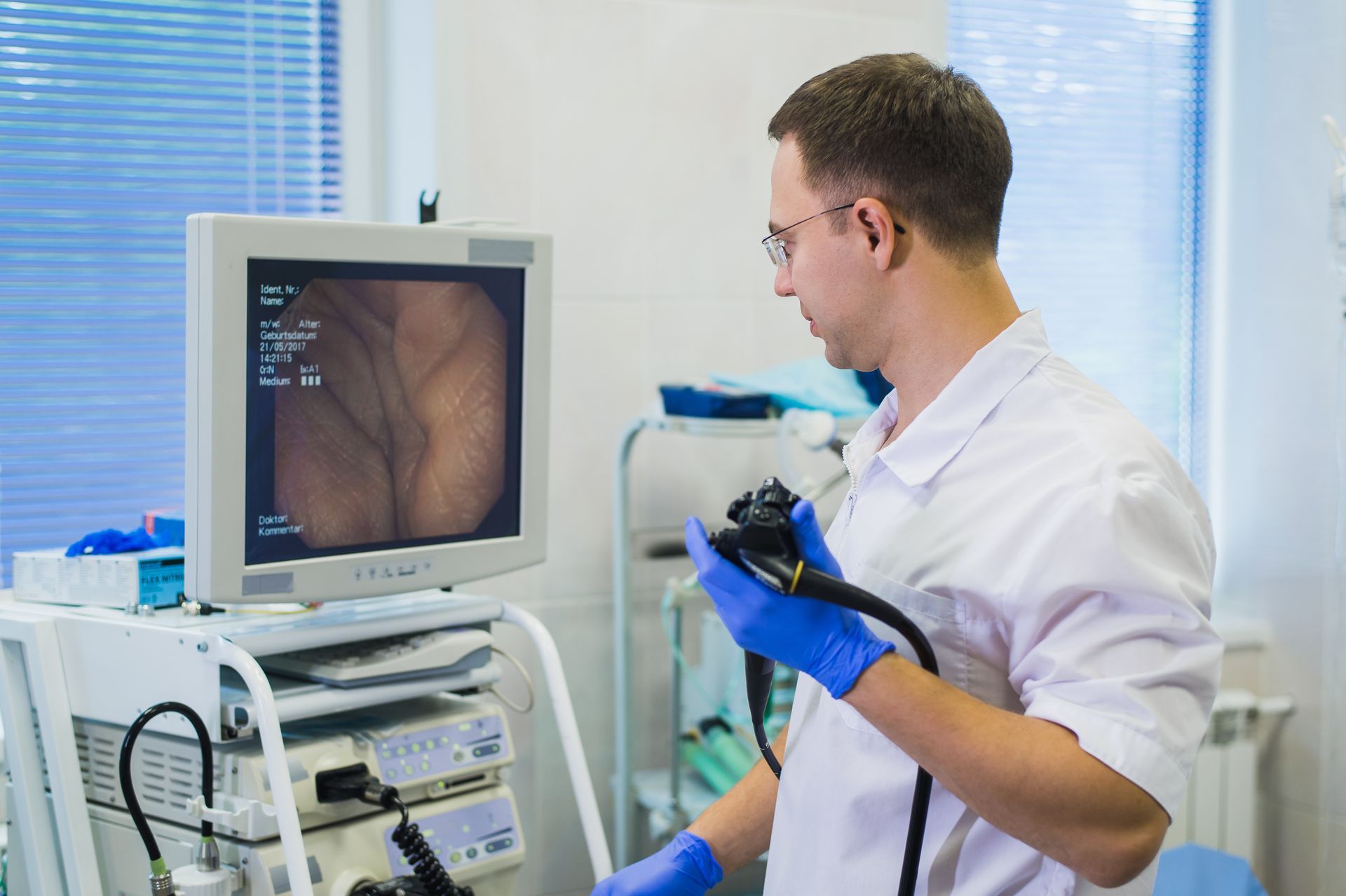Hemorrhoid Banding: When Home Remedies are Not Enough
Hemorrhoids are a problem that cause many adults pain, discomfort and embarrassment. It is estimated that 10 million Americans suffer from hemorrhoids every year, but despite how common the condition may be, many sufferers are still reluctant to discuss the issue with their physician. In fact, studies reveal that only about one-third of those with symptomatic hemorrhoids see a doctor for their condition.
What are Hemorrhoids?
A hemorrhoid is a group of veins that are swollen or inflamed inside of the lining of the anus or lower rectum. They can cause itchiness, pain and irritation, and bleeding. In most cases, hemorrhoids are treatable from home using methods such as medicated creams and ointments, high fiber diets, witch hazel, medicated bath salts, and cold compresses. However, some cases of hemorrhoids do not respond to home treatment and will not go away on their own. In these situations, patients must overcome embarrassment, and seek medical care in order to find relief. In some cases, these persistent or severe hemorrhoids may require a procedure called hemorrhoid banding or litigation.
How Is Hemorrhoid Banding Performed?
Hemorrhoid banding is a very simple procedure that typically takes only a few minutes. Typically, a local anesthetic is applied to the area before the surgeon inserts a tool called an anoscope, which is a small tube with a light at the end of it. Once the hemorrhoid is found, a tool called a ligator is passed through the anoscope and used to place small rubber bands around the base of the hemorrhoid. These bands serve to cut off the flow of blood to the hemorrhoid, causing it to fall off within one to two weeks. The doctor may also look for blood clots and remove them during the procedure.
Recovery from Hemorrhoid Banding
Recover from the procedure is relatively simple. It is performed on an outpatient basis and can even be done in your gastroenterologist’s office in many cases. It is recommended that you arrange for transportation following the procedure.
In the days following hemorrhoid banding, patients may notice light bleeding and trouble controlling flatulence or bowel movements. These issues are temporary and should quickly resolve. During recovery, your physician may also recommend taking sitz baths, using ointments, or using a donut pillow for sitting.
Hemorrhoids are common and should not be a source of embarrassment or shame. If you are suffering from symptomatic hemorrhoids that are not responding to at-home treatment, do not suffer unnecessarily. Contact Digestive Diseases Center, and schedule an appointment with one of our gastroenterologists to learn if hemorrhoid banding may be the right solution for you.
CONTACT
850-763-5409
ADDRESSES
4 LOCATIONS
204 E 19th Street, B, Panama City
12216 Panama City Beach Pkwy, D, Panama City Beach
4295 3rd Ave, Marianna
101 Good Morning St., 109B, Port St. Joe
Subscribe to our newsletter:
subscribe to our newsletter
We will get back to you as soon as possible.
Please try again later.



